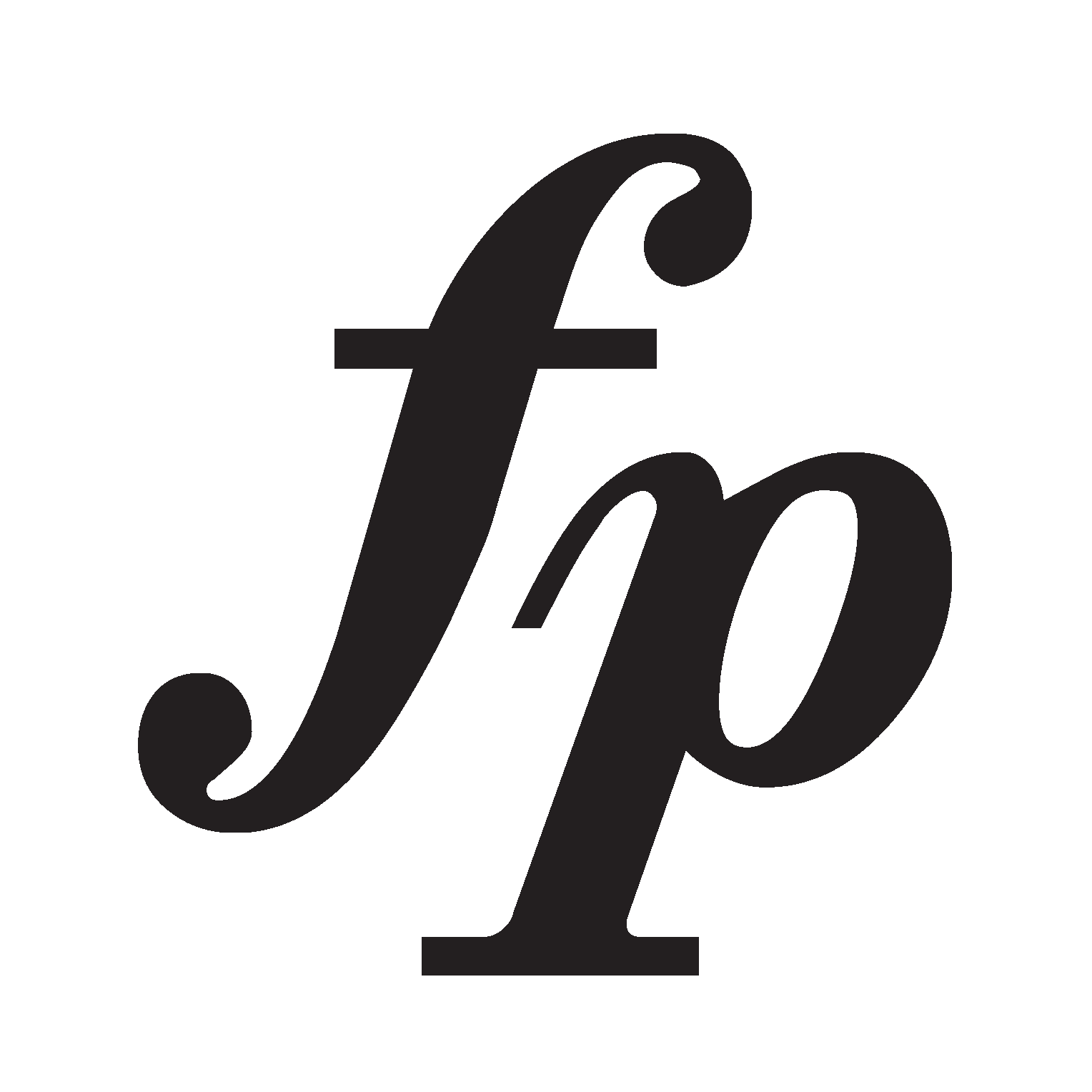
By Stella Joseph-Jarecki (Enquiries: stellamusicwriter.wordpress.com)
I recently had the pleasure of conducting a socially-distant email interview with Kirsten Milenko, a busy Australian composer currently based in Copenhagen. I first became an admirer of Kirsten’s work when I heard her unearthly and striking piece Speak (for vocal ensemble), featured in Making Waves’ May 2019 playlist Harmonic Waves. You can follow Kirsten’s work through her website, Facebook page and Instagram.
How did you first find yourself composing music? When did you first realise performing and composing was something you wanted to pursue more seriously?
Music was always something that I would put all of my time into. During my school and university studies, I was channeling all of my energy into music. In some senses that actually kept me from wanting to pursue it as a profession. For a long time I wanted to be a writer, particularly a novelist.
It sounds a bit depressing or even a little cliché, but I realised it wasn’t so much a choice as a need to have music as a major component in my life. I’ve found it really liberating to acknowledge and embrace this. It helped that when I decided to pursue composition, I kept piano as a method of working. I used to find it very difficult to separate the mindset of performance and composition and would end up composing my repertoire if I wasn’t careful.
I started learning piano when I was five years old and began improvising and composing around the age of fourteen. I remember as a young kid- maybe six or seven- I would make little melodies and songs, for fun. I have always found an immense freedom in music.
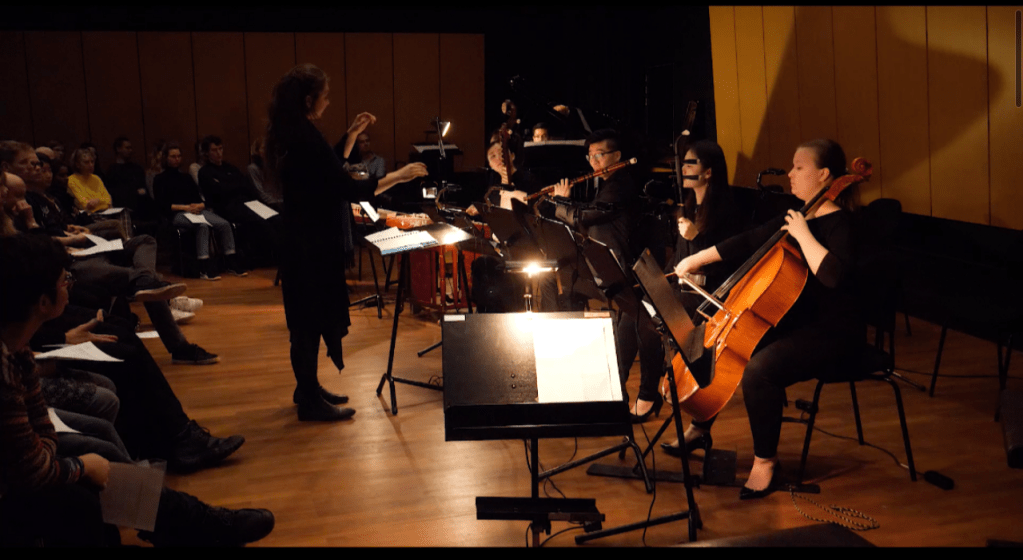
What styles of composition are you particularly attracted to?
I like works that uncover something- peer beneath the surface layer of sound and find virtuosity in tone quality as part of an introverted approach to sound. I am often drawn to minimalist works, by composers such as Feldman and I also gravitate to Eastern European late twentieth century works. Some of the composers coming through Denmark now are really fantastic.
You are currently based in Copenhagen. Can you describe some of the work you are doing there?
Currently, I am halfway through a commission for Lucerne Festival Orchestra in Switzerland that will premiere in 2021. I am also working on a proposal for a chamber opera proposal at the Mannheim National Theatre in Germany after being shortlisted to the final round of a selection process.
I am also finishing my master’s studies (in a few weeks) in Copenhagen and working with a few chamber ensembles and soloists who are based in the Nordic countries. In the last few months, I have worked on my first opera and dance-theatre work with musicians in Copenhagen as well as chamber works for Pulsar Festival, where Bang on a Can premiered a new piece in March. I am also working on (finally) releasing an electroacoustic album I have composed and produced that was recorded a couple of years ago and put on pause to make way for some larger projects in the last year.
Alongside these works, I am writing two pieces for percussion setups – one, a concerto for Kalle Hakosalo, and the other a solo work for Gabriel Fischer. There are a bunch of other projects brewing as well.
Is there anything that you would like to see refreshed/ reworked in the classical and newly-composed music industry in Australia?
There are two things. Firstly, I would really like to see more music. More variety, more festivals, more venues… I think that having a regular contact with an extensive variety of music in large and small setting is really important, for the musicians and appreciators of music who form our audience.
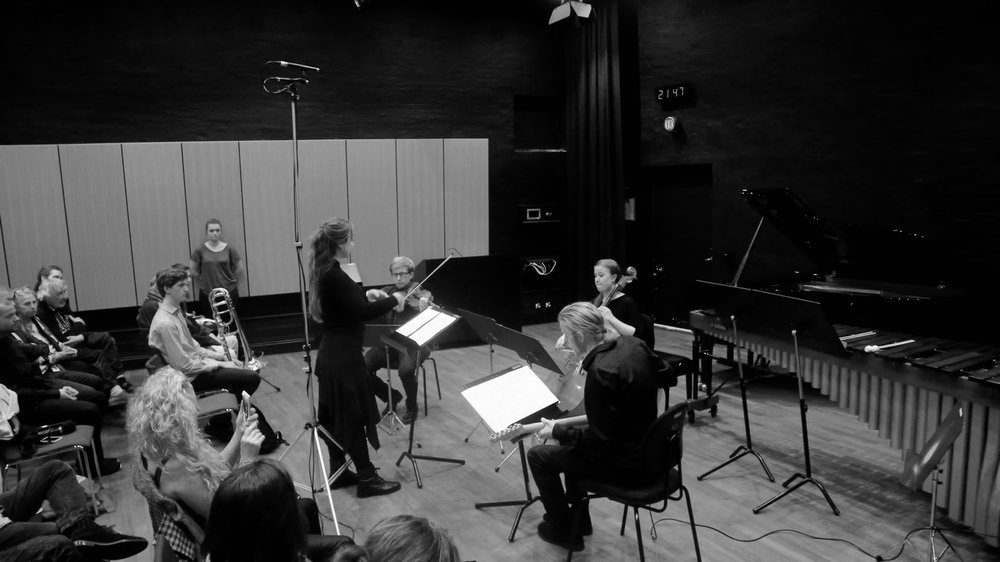
To experience classical and newly composed music regularly both within and outside of large festivals and companies is really important. It is also exciting and opens up more chances for younger composers to be professionally involved in projects, where we develop and learn skills that are very different from those attained in direct relation to studies.
We have a lot of incredible musicians in Australia. The quality is all there. I think that with a larger quantity of performances, there will be a greater sense of freedom to take more risks.
Another point I want to raise here, is that I wish musicians would work with dancers more often. There is not enough work that is both newly composed and newly choreographed in the world right now. It would be to incredible to see these two forms working side by side more often, and in a larger variety of settings.
The second thing is that I really wish Australia had a composer’s society. There is an incredible one in Denmark and I think it does such fantastic things for the output of work and overall music scene.
The Danish Composer’s Society is a union and funding body that is a separate entity from the performing rights association but still linked to it. The Society that we see today of course took a lot of time and work to establish – but now it is a force to be reckoned with. All of the Nordic countries have really good unions and societies for their composers and it really makes a positive difference for performers, composers and also the audience. I think something of this format would make a huge positive impact in Australia.
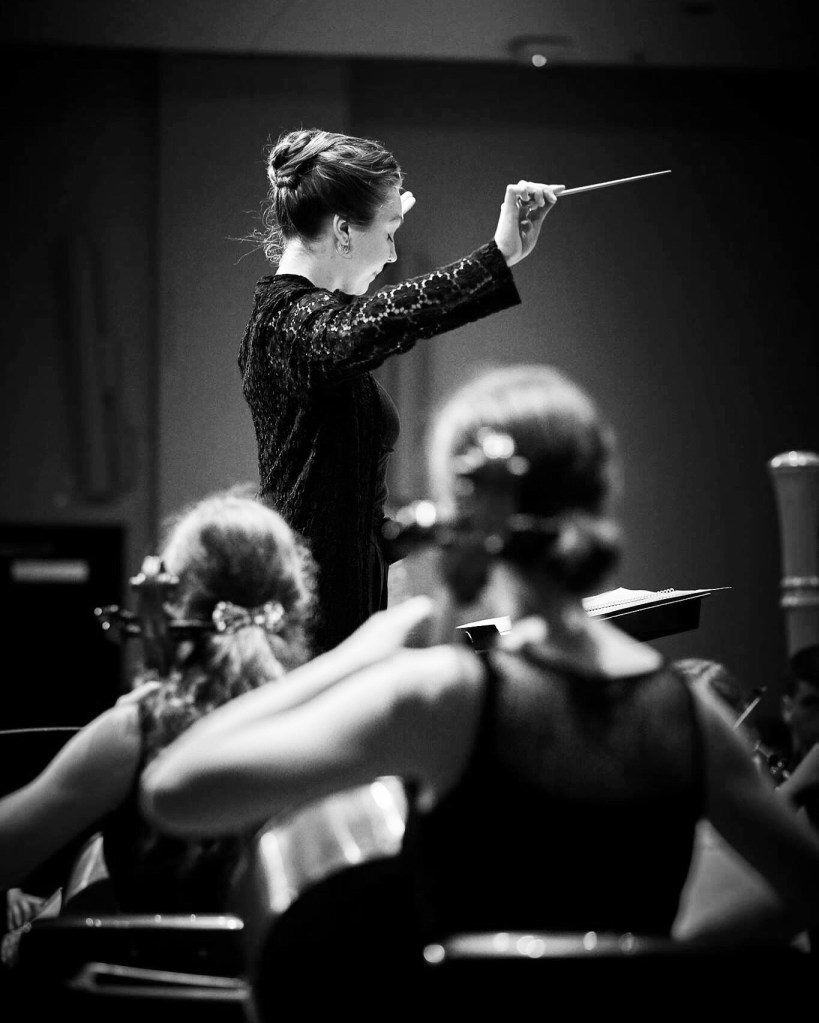
Any words of advice for young emerging composers who would like to have their works heard more widely?
Work harder than you think you need to, but don’t work yourself into the ground. Work with people you admire and get to know the musicians in your direct world. Don’t make your work easy for the sake of pleasing people – but don’t make it complex for the sake of it either. Know what you want to say and use the best and most relevant method of expression to say it. Know your repertoire to back up any choices you make when pushing boundaries. The decisions you make won’t always be met with a smile right away. Having confidence in your material is a must and will lead to good results for the composer and the performers involved.
Try a lot of things – don’t be afraid of making mistakes. It’s how we learn.
I think it’s important to always keep a balance between discovery and whether or not you feel like you are expressing what you want to say. We all have something to say. Sometimes we need to learn a new repertoire or language of writing to be able to effectively communicate all of what we need to – or perhaps we need to step away from what we know to look at a common environment with different eyes. It’s all necessary and never wasted time.
We all have more bias than we realise, particularly in music and it is so important to step outside of our comfort zone. Always remain curious and surround yourself with people who you feel genuinely inspired by. Mentors are really important in the people you work with, and also with those you study with. Learn a lot and be open minded.
You have written at least one chamber opera and presented concepts for possible future projects. I am a singer who is particularly interested in the world of newly composed opera and experimenting with the artform, do you have any particular thoughts on the future of new opera that you’d like to share?
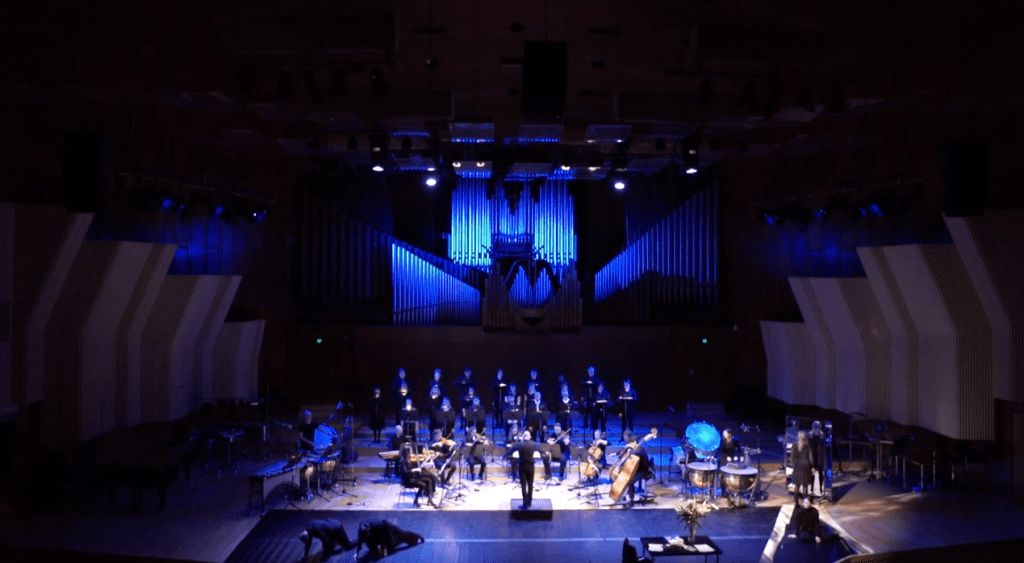
I think that the future of new opera is the same now as it has always been- it is dependent on the support of a community. Writing opera, or any kind of dramatic music, is different to writing concert music and it needs a team to believe in the work and have a productive dialogue throughout the process.
I am seeing quite a lot of new works that are following the development of the novel, in that they are tracing new frameworks to look into the inner workings of characters and the perception of human experience. More and more works are drawing inspiration from philosophical and contemporary paradigms as opposed to mythological or historical.
As a society, we have high expectations of drama that are being influenced more so by screens than theatre a lot of the time. I think it’s an interesting time to be asking what we want out of opera and how this incredible area of music and drama can speak both to us and from us. There are a lot of demons in our society that we have only very recently just begun to address. Forms like opera are a really incredible and effective method of communication, and something that I really believe our society needs right now. We can step very easily between the abstract and direct experience we all share and that is powerful.

